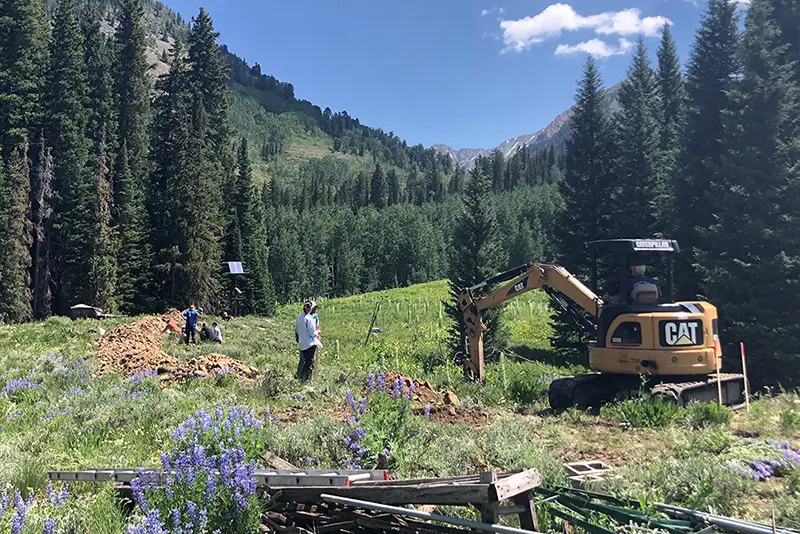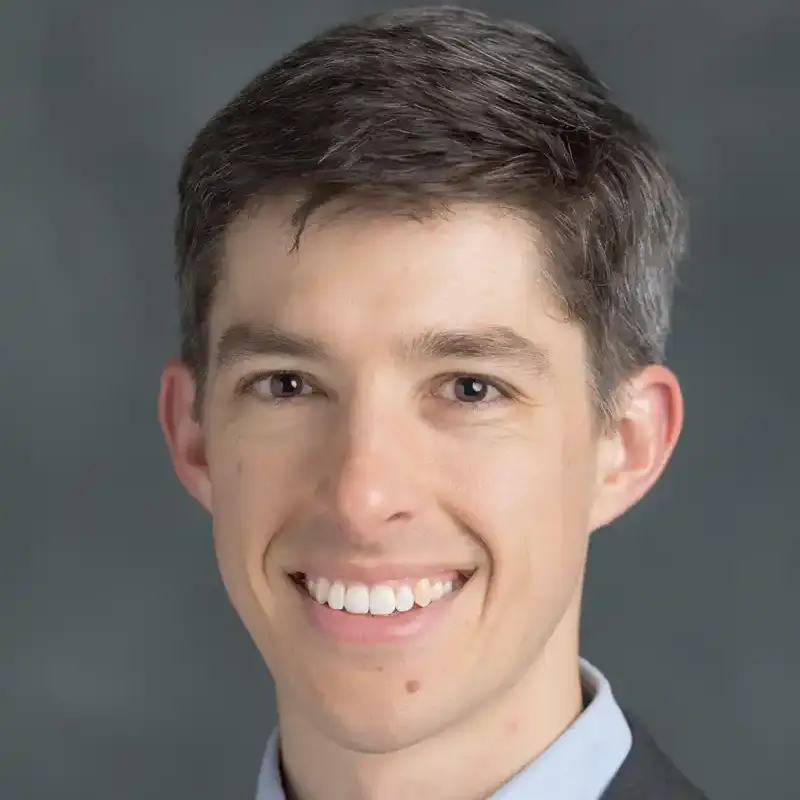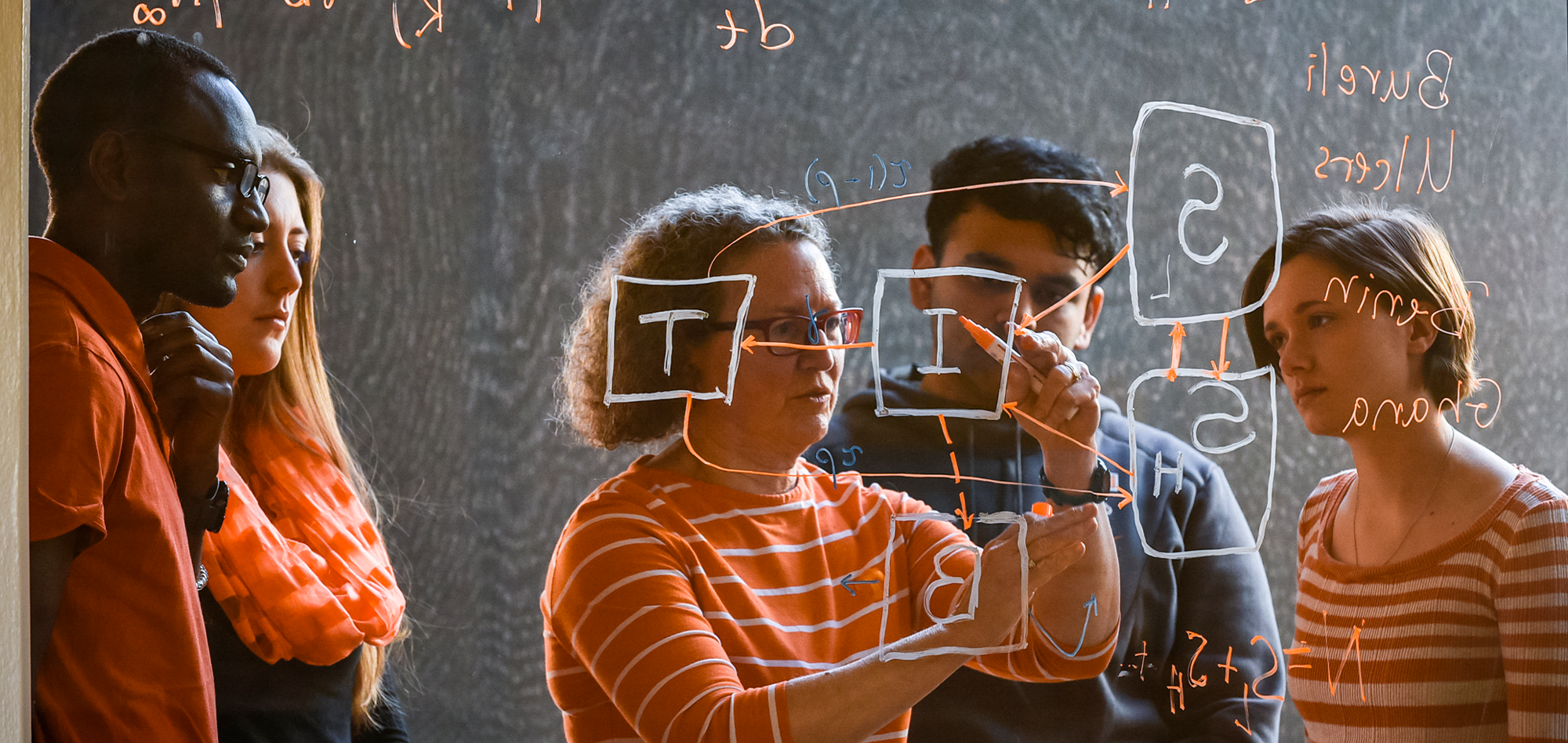
DIVISION OF
NATURAL SCIENCES & MATHEMATICS
The natural sciences examine the structure and components of the natural world and the universe. Courses in natural sciences and mathematics teach you how to use the tools of science to develop and test hypotheses and solve problems from a scientific or mathematical perspective. As a student of the sciences, you will learn about significant discoveries in the fields and their importance to current mathematical and scientific theories.
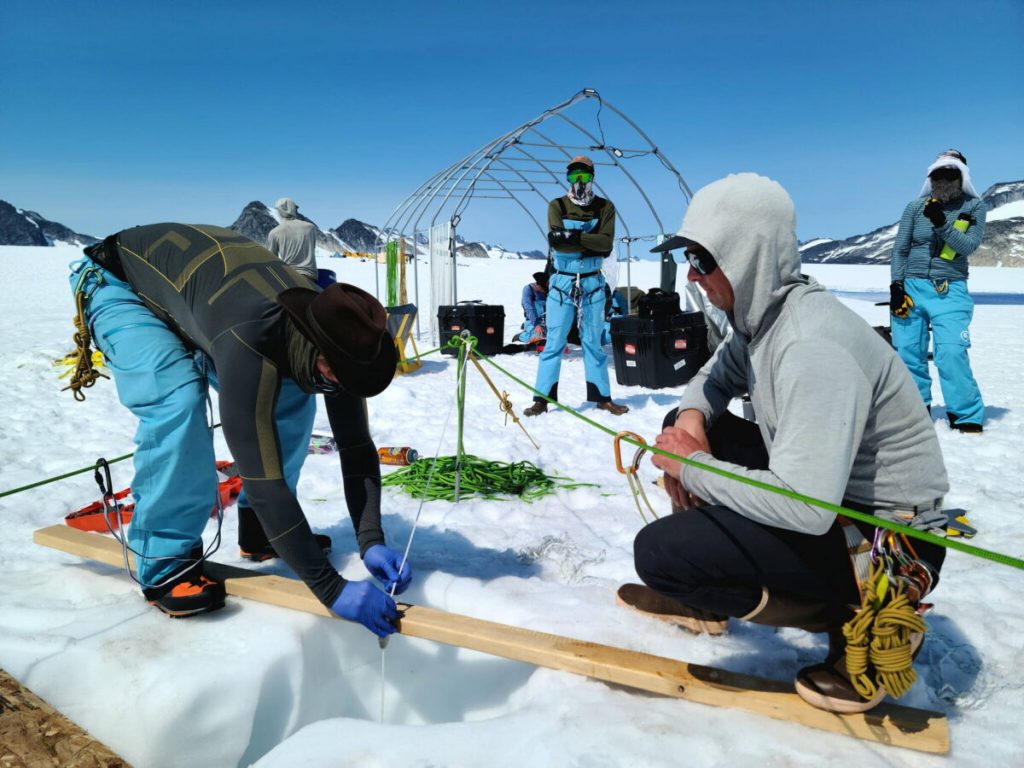
Research to the Extreme
From the Rocky Top campus throughout Earth’s most extreme environments, these pioneering minds engage with curious students to conduct groundbreaking research to deliver world-changing results and influence the future of research across natural sciences, mathematics, and beyond.
Departments

Biochemistry & Cellular and Molecular Biology

Biochemistry & Cellular and Molecular Biology
Investigate the function of cells and organisms at the molecular level.

Chemistry

Chemistry
Study matter, what it is made of, how it is organized, and how it responds to changing circumstances.
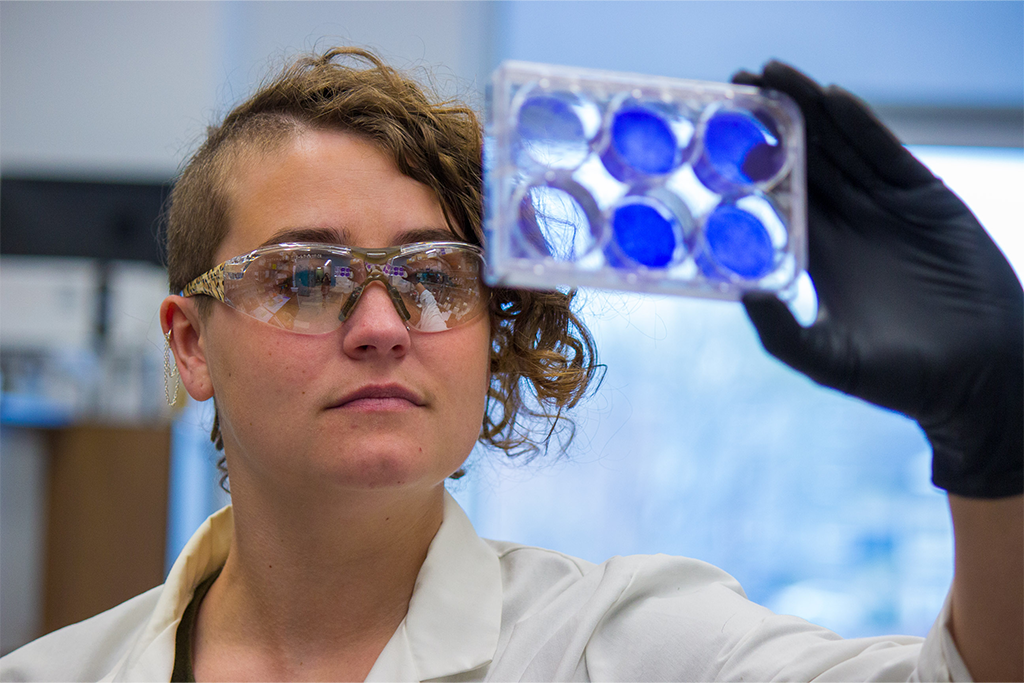
Division of Biology

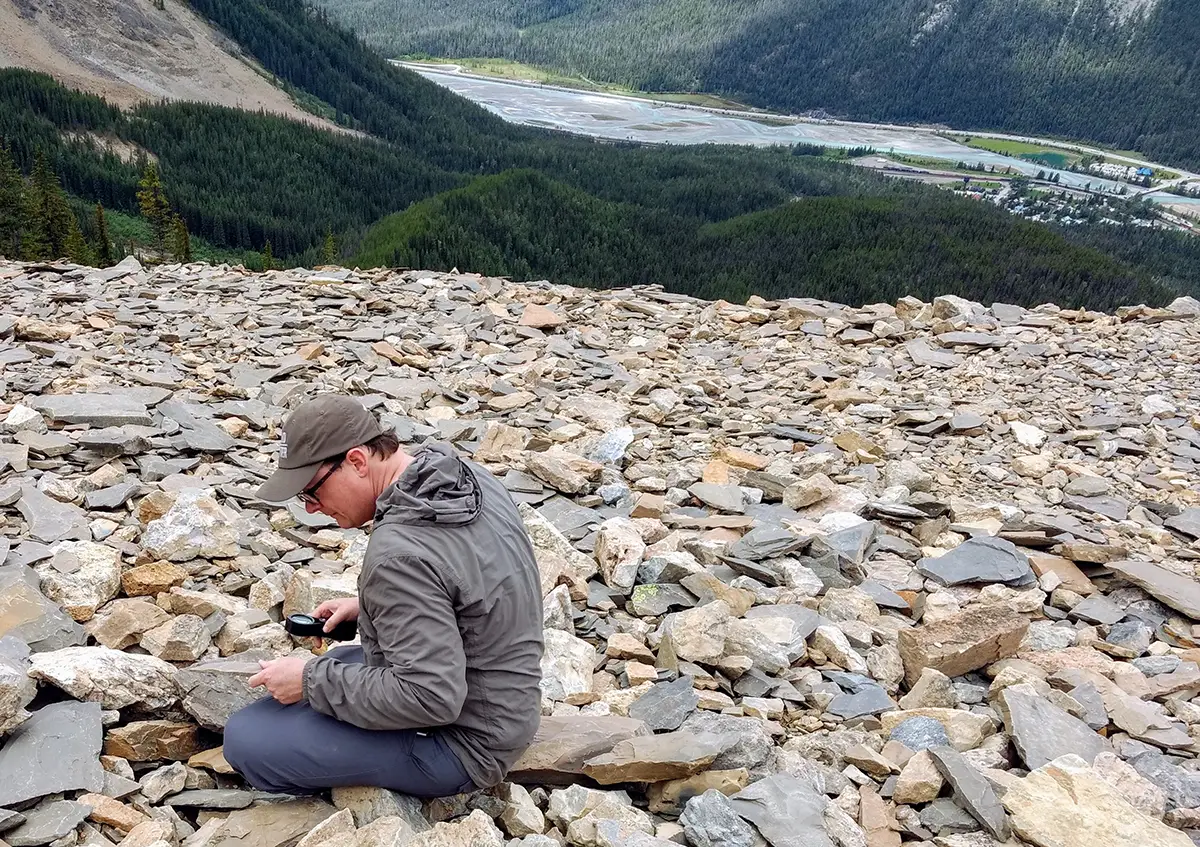
Earth, Environmental, and Planetary Sciences

Earth, Environmental, and Planetary Sciences
Unravel the mysteries of our planet, our environment, and our solar system.

Ecology and Evolutionary Biology

Ecology and Evolutionary Biology
Probe the relationships of living organisms with the world around them.

Mathematics


Microbiology
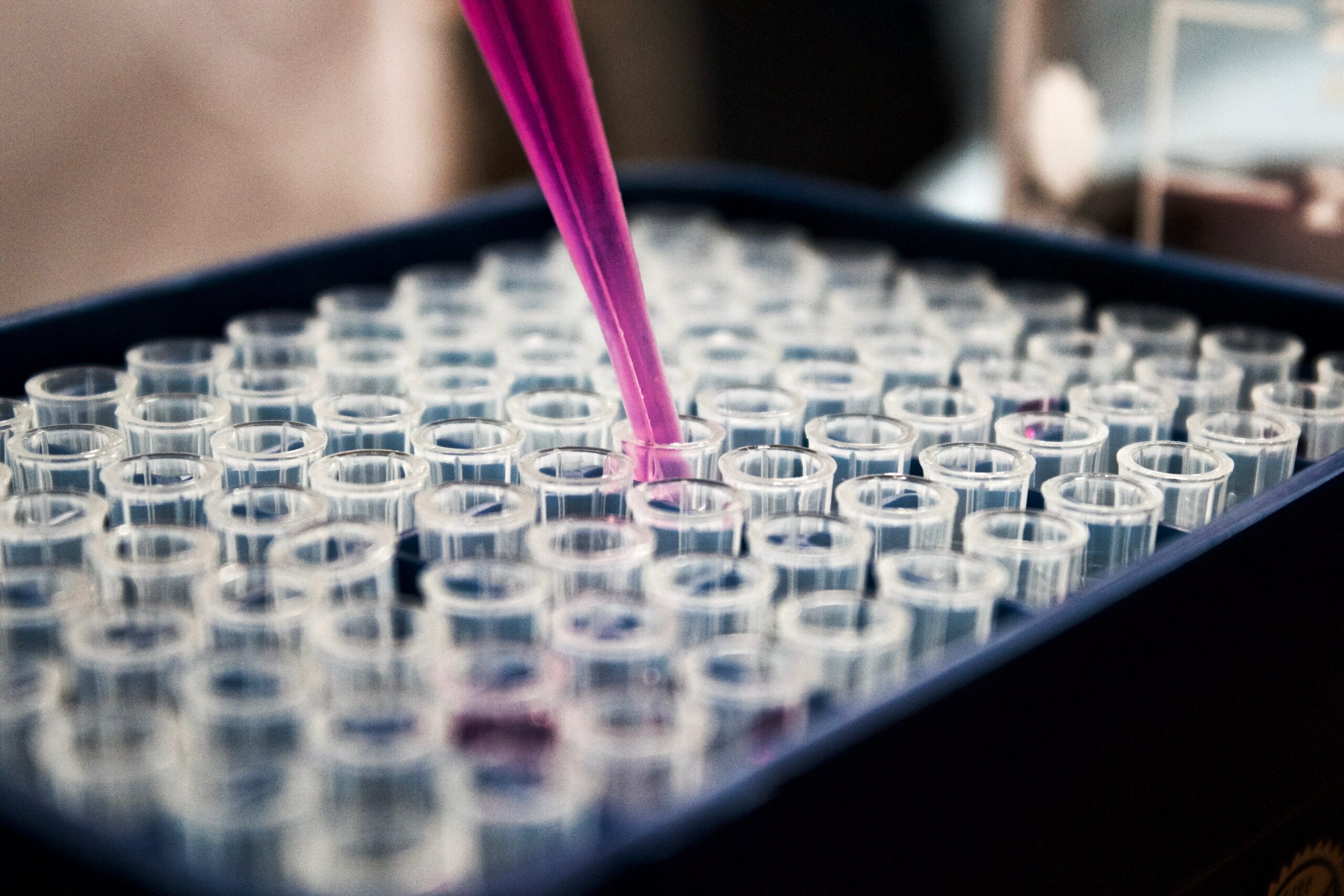

Physics and Astronomy


Ready to Become a Vol?
“From children we have a natural inquisitiveness about the world around us. Scientists study nature, from microbes, to the plants and animals around us, and beyond to other planets, stars, and galaxies. The sciences and mathematics can be applied to calculating risk for insurance companies, medical professions, or to a host of scientific, technical, and engineering fields.”
Kate Jones
Divisional Dean for Natural Sciences & Mathematics
Featured Courses
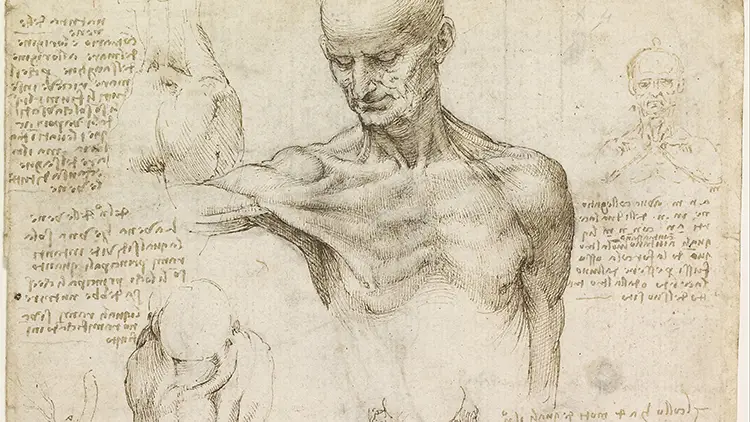
EEB/ANTH/NURS 250
Human Anatomy
Do you know the names, parts, and functions of your body? This course is designed to give students comprehension of human anatomy for general knowledge and clinical application. Using human cadaveric donors, models, and other tools, we explore the layout of the human body regionally (not by systems), as well as the functions and relationships of the structures of the body. These are tied to pathology and some clinical applications to build foundational knowledge for students seeking careers in healthcare, biological sciences, and beyond.

BCMB 322
Plant Physiology and Molecular Biology Laboratory
This class has a combination of lab exercises to illustrate various aspects of plant physiology and molecular biology. It includes several open-ended lab investigations including two that are testing ideas being explored in the Binder’s research lab and that are funded through NSF; one that explores chemicals that prime plants to survive better and another examining plant-microbe interactions.

ASTR 490
Tales from the Yggdrasi
Can you save the Yggdrasil? In “Tales from the Yggdrasi,” students learn the science and skills they’ll need to save a multi-generational spaceship (the Yggdrasil) after an asteroid-like object hits the craft, leaving behind loss and destruction. If the survivors are to make it to a new home among the stars, students will have to collaborate and use problem-solving, creativity, and critical thinking skills. Blending science fiction with sound scientific principles, this innovative course is a new way for students to engage in experiential learning.
Travel Support
Natural Sciences and Mathematics students can request travel support for professional conferences. Submit an application form at the link below.
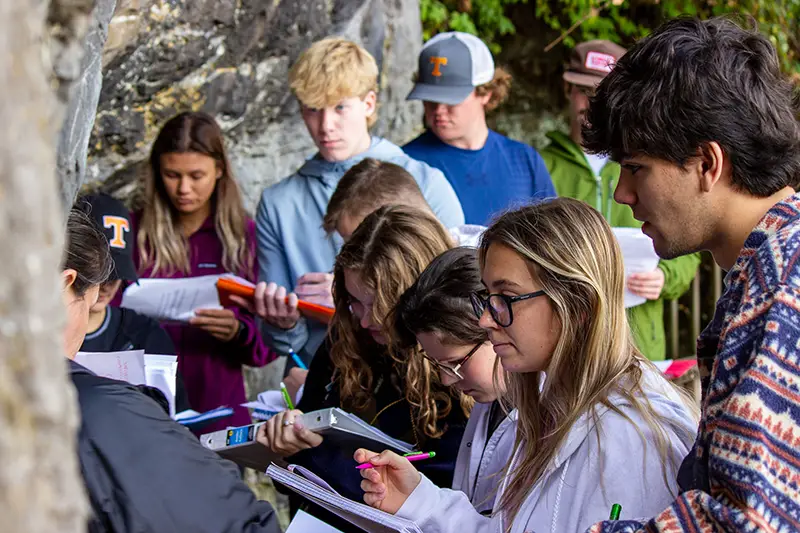
News
- Research Shows Warming Impact on Soil EcosystemWithin only a few decades of higher temperatures, microbial systems change in ways that disrupt carbon and nutrient cycles. Long-term… Read more: Research Shows Warming Impact on Soil Ecosystem
- Scholar Spotlight: Sherwood Richers“I study some of the most energetic explosions in the universe—those caused by stars collapsing at the ends of their… Read more: Scholar Spotlight: Sherwood Richers
- Scholar Spotlight: Xinyue (Evelyn) Zhao“I use mathematics to understand how things change and grow, like how tumors expand, how ice melts, or how diseases… Read more: Scholar Spotlight: Xinyue (Evelyn) Zhao
